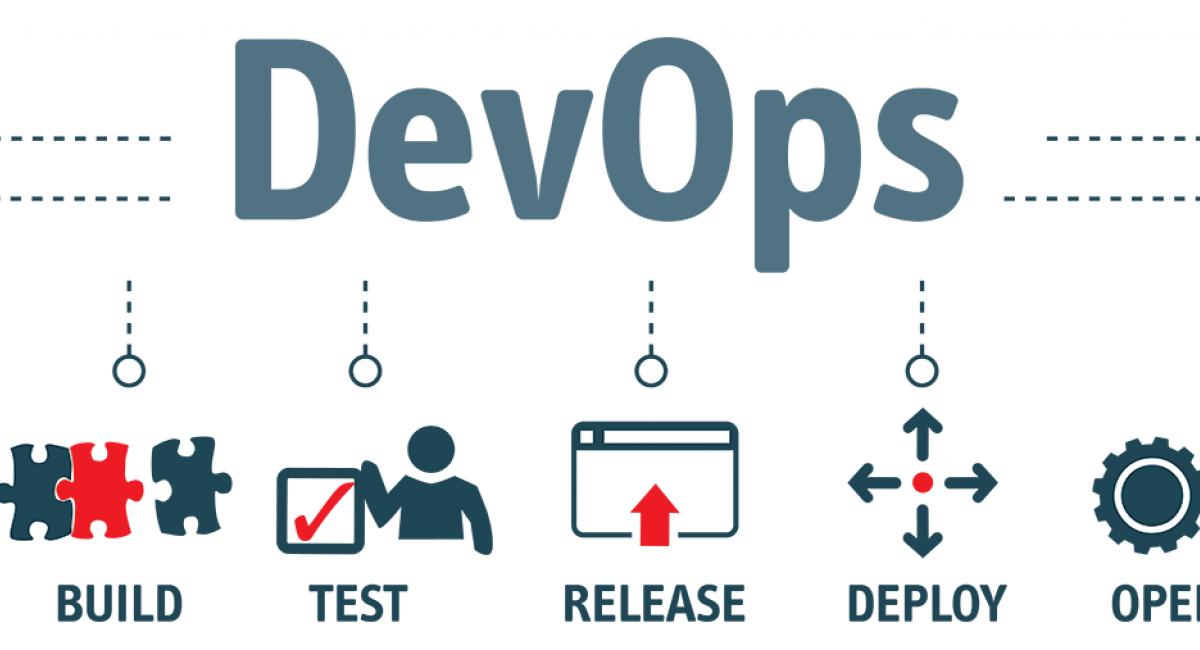5 Ways DevOps can Push Your Company Forward


Guest Post by: Lauren Wiseman
Envisioned as a comprehensive solution to the persisting problems that software developers and operations managers face, DevOps quickly became one of the pillars of application development in the modern IT world. In essence, DevOps aims to bridge the gap between development and operations by enhancing and emphasizing cross-department collaboration and communication, while at the same time employing tools and practices that will bring numerous benefits to the development environment.
Unfortunately, application development is still being conducted without adequate collaboration between the dev team and the operations managers in companies around the world, which invariably leads to setbacks and missed deadlines, poor productivity and efficiency, application bugs and code errors, and ultimately, reduced customer satisfaction across the board. Needless to say, this is not the way to run a successful operation in this competitive modern world, so let’s take a look at the five ways DevOps can help you push all projects and your company forward.
The first powerful change that this system brings to the table is the culture that it creates in a development environment. DevOps solutions focus on nurturing a culture of unhindered cross-department collaboration, which can only be achieved by setting systems in place that enhance communication, trust, co-dependence, accountability, honesty, transparency, and of course, innovation. The operations team needs to be fully aware of the resources and requirements that the dev team is working with, and vice versa.
By building a collaborative environment with cloud-based software, optimizing development tools and processes, facilitating real-time communication, and helping all team members stay in the know at all times, DevOps is able to build such a thriving culture that will reduce risks and ensure project stability from inception to completion. That said, this culture can only come to life if the DevOps team and the tools they use educate both departments on workflow management, communication, and other key elements.
One of the major problems that operations managers and development teams face on a regular basis, especially during times of short deadlines and high expectations, is that there is just too much risk of human error. This is especially problematic when teams have to handle repetitive and menial tasks on a daily basis manually, which is why automation is such a big part of the DevOps approach. One of the core principles that DevOps employ is the need to eliminate all repetitive tasks and extraneous manual labor from the development process.
This is achieved through meticulous automation. Everything from code testing and version control, all the way to deployment, DevOps aims to automate as much as possible in order to cut needless costs, improve efficiency and delivery times, enhance collaboration, and most importantly, allow developers to focus on taking the project forward as a whole. You might need to invest financial resources to integrate automation tools at the very beginning, but the long-term rewards will greatly outweigh the financial expense.
There are still major hurdles that both teams struggle to overcome, hurdles that can hinder progress across the board and even stop a project dead in its tracks, of which ensuring continuous, daily, and incremental progress is usually the biggest problem. This is something that modern DevOps services focus on primarily nowadays, as the experts in the industry realize the need to push the development process forward by delivering the tools and talents necessary to make small incremental improvements on a daily basis.
This type of support is especially beneficial to small teams or newly-founded companies that still lack the experience and talent needed to run a smooth project without making any stops on the way to deployment. DevOps can, therefore, minimize financial waste and downtime and keep the project on a steady upward trajectory.
Monitoring the progress of the development cycle in all of its stages is imperative for a smooth and successful launch, simply because there are too many things that can go wrong in every stage. One error that slips through the cracks during development can completely ruin the end user experience when the product hits the market, which is something that must be prevented at all costs if the project is to generate the desired ROI. DevOps employs automation, monitoring, and logging tools to make it easy for both teams to gather, categorize, and analyze data and make improvements in a timely manner.
And finally, all of these solutions and processes also aim to cut the overall time it takes for a team to roll out a new product. By making every process more efficient and effective, the time to market can be reduced drastically without leaving room for performance issues, errors, or unforeseen problems down the road.
In the end, it’s clear why DevOps should be an essential part of every app development project. With these insights in mind, you can streamline the entire development process, reduce risks, cut costs, and ensure that your product hits the market in time.
Fill out the form below and we will contact you